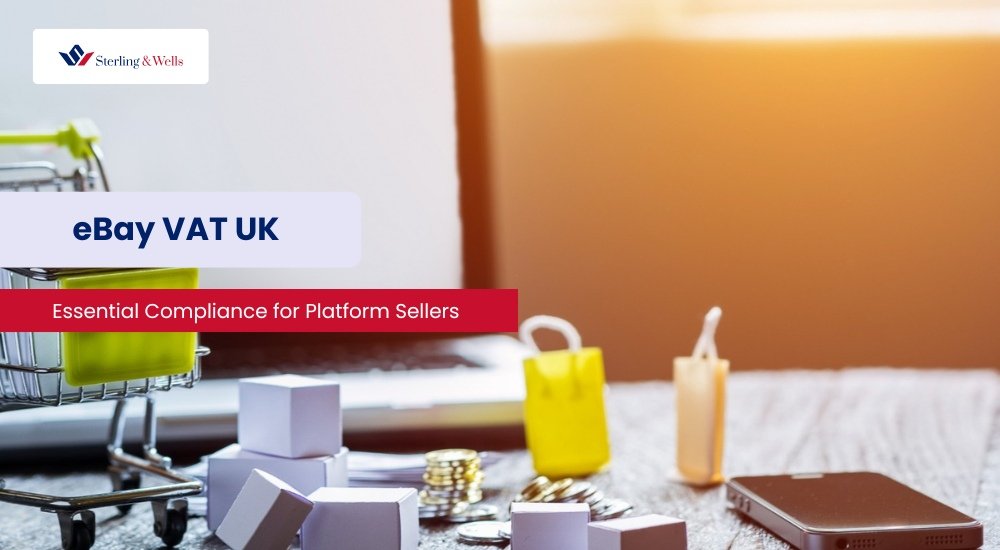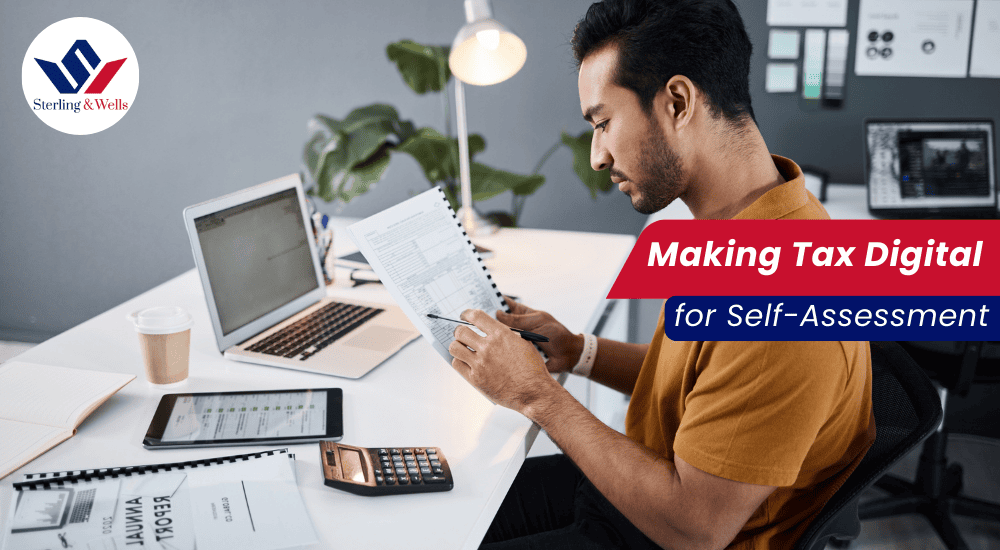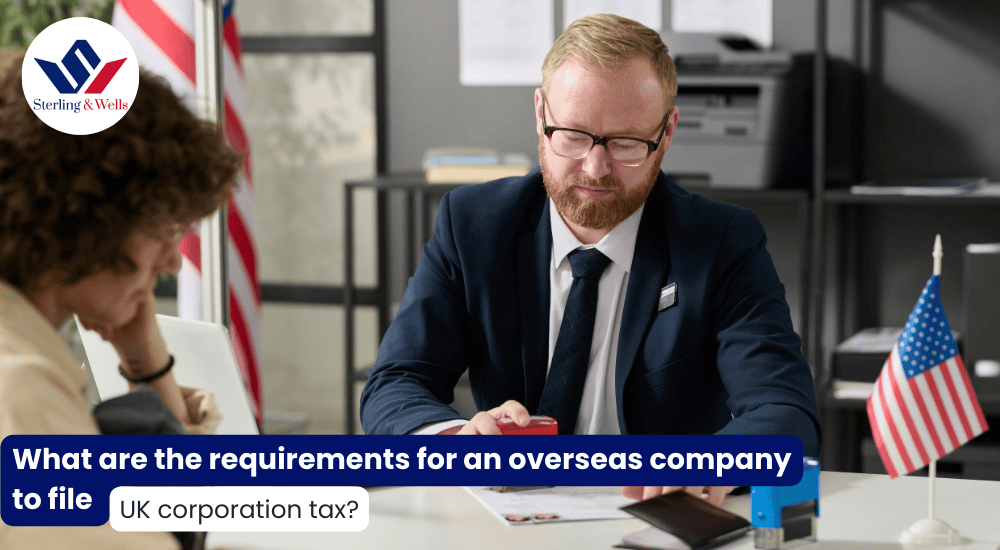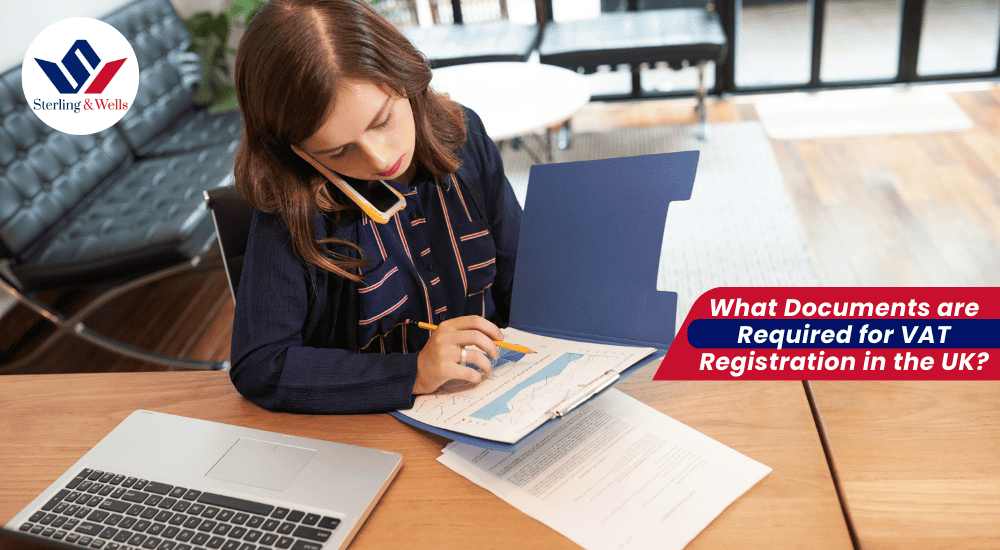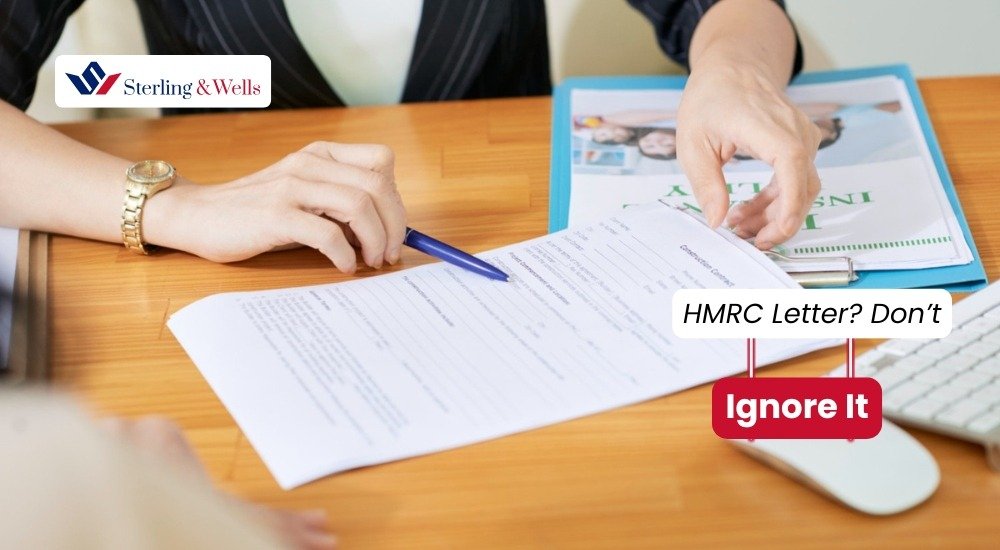Selling on eBay opens the door for international sellers to reach a broad audience in the UK, but it also brings specific VAT obligations that must be understood and met. As an online marketplace facilitator, eBay is legally required to collect and remit VAT on certain transactions—particularly for consignments valued at £135 or less. However, this doesn’t absolve sellers of their own responsibilities. VAT registration, compliance reporting, invoicing, and accurate record-keeping remain critical parts of your obligations as an eBay seller.
Understanding which aspects of VAT compliance are managed by eBay and which ones require your direct involvement is key. Whether your goods are shipped from overseas or stored in the UK, knowing the applicable HMRC rules will ensure a smooth selling experience and protect your account from penalties or restrictions.
Registering for VAT When Selling on eBay UK
If you’re a non-UK seller using eBay to sell goods to UK customers, UK VAT registration is generally mandatory irrespective of the amount of sale. This applies unless all your sales are to UK VAT-registered businesses and you meet the conditions for zero-rating B2B exports. Once registered, you must provide your VAT number to eBay, which will display it on your listings in compliance with HMRC requirements.
Failure to register or share your VAT number with eBay may result in enforcement action. HMRC can contact eBay directly to suspend or block accounts that are non-compliant. Therefore, early VAT registration and transparency with the platform are essential.
How eBay Handles VAT on UK-Bound Sales
eBay’s role as a “deemed supplier” means it must collect VAT on many cross-border transactions. According to UK tax law and eBay’s own guidance:
- If you ship goods from outside the UK and the consignment value is ≤£135, eBay will collect 20% VAT at checkout and remit it directly to HMRC.
- If your goods are already located in the UK (e.g., stored in a UK warehouse or fulfilment centre), eBay collects VAT on all sales to UK consumers, regardless of the order value. This is when the goods are sold to unregistered customer or businesses, which is generally the case with OMPs.
- For consignments valued over £135, VAT is generally not collected by eBay. Instead, import VAT applies, typically handled at the border either by the buyer or through Postponed VAT Accounting (PVA).
- In B2B transactions, if the buyer’s UK VAT number is not provided, eBay assumes it’s a consumer sale and collects VAT. Sellers can avoid this by ensuring that their B2B buyers input valid VAT numbers at checkout.
Even when eBay collects VAT on your behalf, these transactions must still be reported in your VAT returns. eBay collects the tax, but it’s tied to your business profile and remains part of your VAT responsibility.
Reclaiming VAT on eBay Seller Fees
eBay charges a variety of seller fees including listing fees, final value fees, and promotional listing fees. For UK-bound sellers, these typically include 20% VAT. If you are registered for UK VAT, you can claim this VAT as input tax on your VAT return.
To do this correctly, you must keep eBay’s monthly VAT invoices, which show a breakdown of all fees and the VAT applied.
For Instance
A fee of £12 might include £10 for the service and £2 VAT. You would declare £12 as the business expense and £2 as reclaimable input tax.
Stay HMRC Compliant — Talk to an eBay Tax Specialist
Avoid penalties and make tax season stress-free — get expert help customized for eBay sellers.
Import VAT and Using Postponed VAT Accounting (PVA)
When shipping goods into the UK from abroad, import VAT will apply for consignments over £135. Instead of paying this VAT upfront at the border, UK VAT-registered businesses can use Postponed VAT Accounting (PVA).
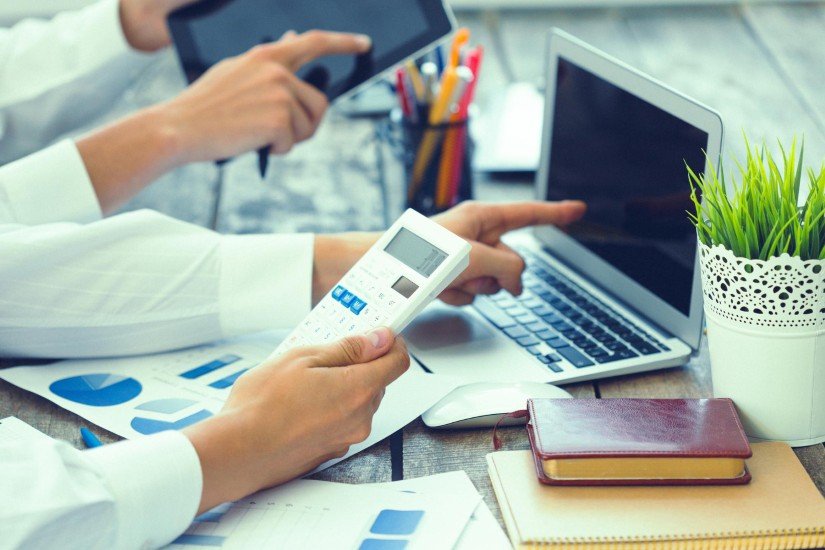
Under PVA, import VAT is declared and reclaimed on the same VAT return, improving cash flow. Couriers and eBay’s logistics partners often default to using PVA for UK shipments. You must download your monthly Postponed Import VAT Statement (MPIVS) from the UK Government’s Customs Declaration Service and record this in Boxes 1 and 4 of your VAT return.
VAT Invoicing and Record-Keeping for eBay Sellers
eBay automatically provides transaction receipts to buyers, but as a VAT-registered seller, you may also need to issue proper VAT invoices—especially for B2B transactions. These invoices must show your VAT number, applicable rates, and clearly label any reverse charge if applicable.
- Sales (including those with VAT collected by eBay)
- Refunds and returns
- Import VAT (via PVA or courier)
- Platform fees and associated VAT
Use HMRC-compliant accounting software to ensure these records are accurately maintained and ready for VAT return filings.
Final Thoughts
Selling through eBay offers powerful access to the UK market, but it requires a solid understanding of VAT rules. While eBay helps by collecting VAT on many sales, your duties as a seller go much further. From registering for VAT and setting up invoicing, to reclaiming VAT on fees and tracking import VAT through PVA, compliance remains your legal responsibility.
Failing to meet VAT obligations can lead to serious consequences, including penalties and even account suspension. But by mastering how VAT applies to eBay transactions and using the right tools and processes, you can confidently grow your business in the UK without unexpected tax issues.
